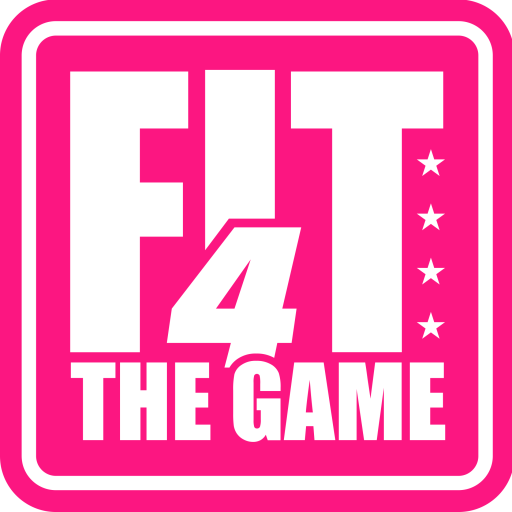Personal training, just like functional training, is on everyone's lips and yet everyone has something completely different in mind. Time to clear up prejudices and half-truths. An introduction to functional training.
What is Functional Training?
Functionality can look completely different for you, your body and your life than it does for your spouse, your best friend or the person next to you. The physiotherapist and co-developer of the Functional Movement Screen we use in personal training, Gray Cook, summarizes this very well:In order to train functionally, it is first important to recognize what functional training is NOT. So it's not about standing someone on an unstable surface and throwing a medicine ball to justify personal training (because someone has to throw the ball). No, it's about whether it is functionally beneficial for the person to do the exercise.
“Functional training is not about what it looks like, but about what it does.” – Gray Cook
Cool doesn't mean good
When training, think in terms of physical actions rather than isolated muscles or muscle groups. Does the exercise you just completed help you improve a certain activity in your everyday life or sport, perform it more efficiently and/or painlessly?
“True functional training is based on science, not history (“we’ve always done it that way”), trends or optics.” – Gavin Nugent
In order to be able to implement this specifically and effectively in personal training, a strong understanding and knowledge of the areas of (functional) anatomy and physics is required. Coupled with the gift of not only identifying complex structures, connections and movement patterns, but also translating them so that they are understandable for everyone. One reason why the level of Fit4TheGame Personal Training is so much higher than that in ordinary fitness clubs.
Here are five training standards that you should apply to every personal training session:
1. Is personal training safe or do you accept an increased risk of injury? 2. Does the training take place under the premise of protecting you from (future) injuries? 3. Does your personal training lead to consistent improvement? This can range from pain reduction to quality of movement or weight reduction to athletic performance in your sport. 4. Is it sufficiently explained to you why you are doing which exercise, how to do it and what direct benefit you will get from it? 5. Does your personal trainer know all the progressions and regressions of an exercise in order to ensure your long-term progress and be able to respond spontaneously to your daily form? We are aware that this article only takes a very superficial look at the topic. We have not consciously gone into the different types of human tissue, proprioception, age, talent or motor learning. Of course, they all also play a big role. More on this in one of our next articles. Nevertheless, we hope that it has already shed some light on the matter and increased your knowledge of functional training a little. You'll look at personal training or trainers at other fitness clubs with new eyes in the future. Promised.Are you thinking about starting a new training program? All Fit4TheGame personal trainers in Hamburg are available to help and advise you at any time. Or do you generally want to find out more about Fit4TheGame Personal Training in Hamburg? No problem. Arrange your free introductory meeting with one of our fitness experts now. Simply CLICK HERE click.
